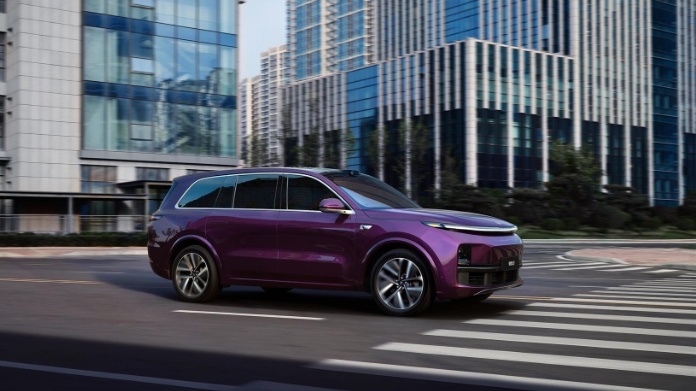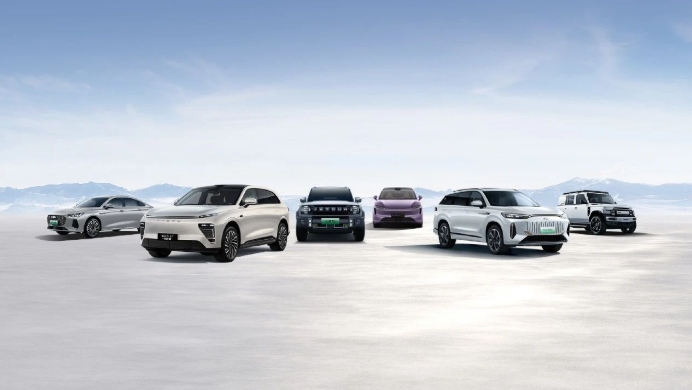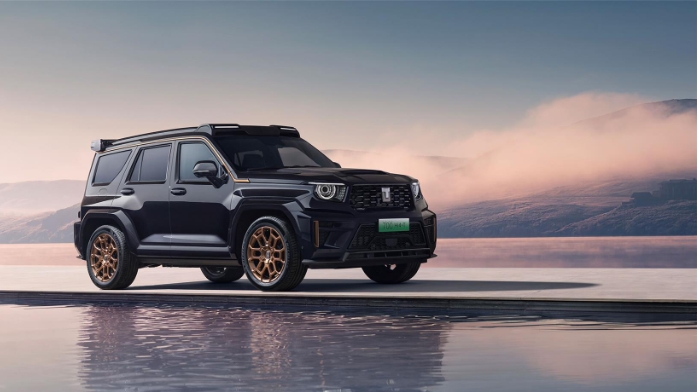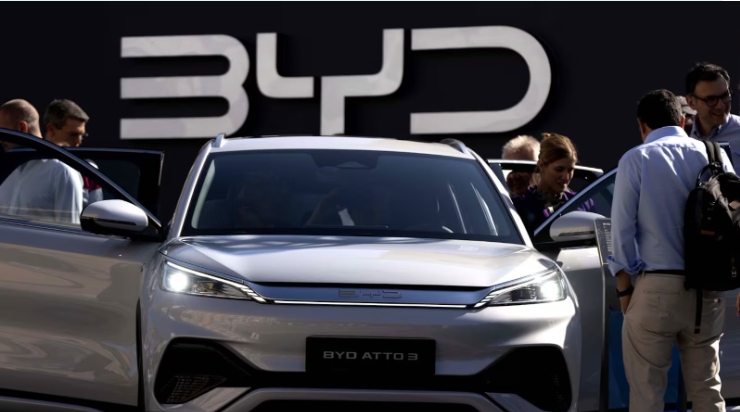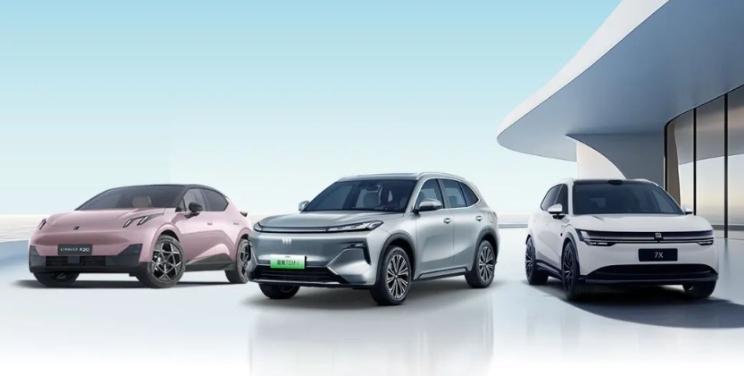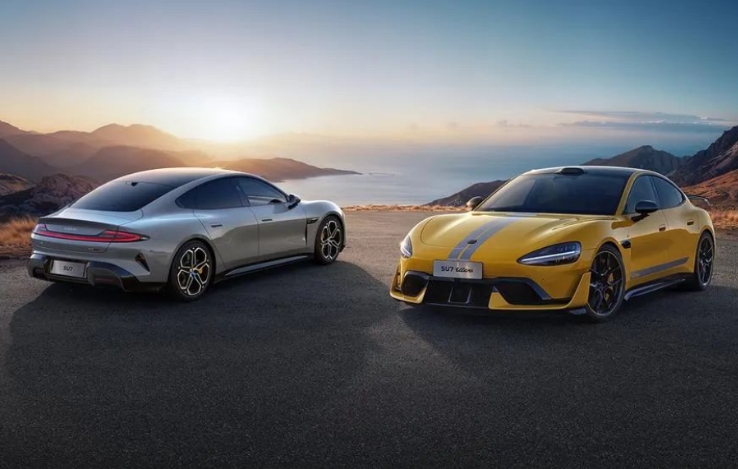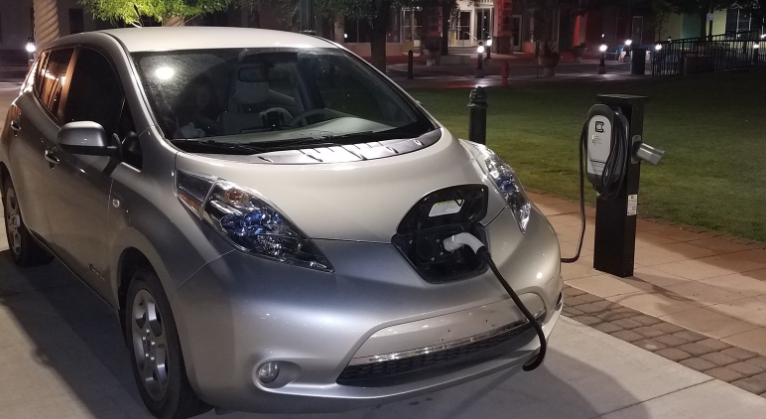
Some call him “the godfather of the electric car” because during his time at Nissan he pushed for the development of the LEAF, the world’s first mass market electric car. He told Business Insider recently, “I wish I could say that it was driven by a motivation to better the world. But actually, it was driven by the Toyota Prius kicking our ass.” Rather than just copying Toyota’s success with its hybrid drivetrain, Palmer said he pushed Nissan to build a fully electric vehicle, a plan that resulted in the LEAF after CEO Carlos Ghosn added his support for the idea.
Palmer told Business Insider that delaying transitioning to EVs in favor of selling hybrids was a “fool’s errand” and warned that automakers doing so risked falling even further behind Chinese EV companies. “Hybrids are a road to hell. They are a transition strategy, and the longer you stay on that transition, the less quickly you ramp up into the new world. If you just delay transitioning to EVs by diluting it with hybrids then you are more uncompetitive for longer, and you allow the Chinese to continue to develop their market and their leadership. I honestly think it’s a fool’s errand.”
Over the past few years, the auto industry has been shaken by the booming growth of Chinese brands such as BYD, which have thrived in their home market with a range of affordable and high-tech EVs and plug-in hybrids and are now rapidly expanding abroad. “The Chinese cars are bloody good. The Chinese vehicles offer remarkable value for money for what they deliver. Their battery technology is class-leading and they have concentrated very much on their software,” he said.
Hybrids And Industrial Policy
Palmer told BI that the success of China’s EV industry can be attributed to something CleanTechnica readers already know a lot about — its longstanding industrial strategy. One study has found that the Chinese government had spent at least $230 billion on subsidies for EV makers since 2009. As a member of the board of directors for Dongfeng Motor Company — a joint venture between Nissan and state-owned automaker Dongfeng — Palmer said he saw firsthand how aggressive China’s EV strategy was. “The edict [from the Chinese government] was to move to new energy vehicles. It starts with an industrial strategy. That’s the big thing to learn. For the best part of 14 years, we have not had an industrial strategy,” Palmer said.
Both the US and Europe have responded to the rise of Chinese automakers by imposing tariffs aimed at protecting their own auto industries, but Palmer said tariffs would only harm the ability of Western companies to compete with their Chinese rivals. (We’v said the same thing multiple times.) “My experience with tariffs is it just makes your indigenous industry lazy. The gap becomes even bigger,” he said. Instead, he argued that automakers should prepare for a “survival of the fittest” battle with Chinese automakers, especially in Europe, where BYD, XPeng and other Chinese automaker have ambitious expansion plans. “I think the Chinese firms will learn from competing in Europe, because that’s the toughest market in the world. If they can do that, then they’re going to be unbeatable,” Palmer said.
He added that while Toyota’s decision to focus on hybrids paid off initially, it left it and other Japanese automakers exposed in key markets such as China, where the transition to EVs was happening quickly. “Toyota took the Japanese industry down a cul-de-sac, which it is going to struggle to recover from,” he said. Meanwhile, Nissan had “shot itself in the foot” and squandered a promising lineup of electric vehicles and a 10-year head start in EV technology.
“My last board meeting in July 2014, I was under enormous attack from the bean counters who were saying, ‘These things don’t make money, we are going too fast.’ I managed to win the day in that meeting, but I left the company. Nissan finds itself now with a very poor lineup of products and without obvious leadership in EVs, and that’s the direct result of poor management,” he said. Nissan is looking to Honda to pull its chestnuts out of the fire, but while that may be good for Nissan, many industry observers wonder how it will benefit Honda.
For Palmer, the reason some consumers have proven reluctant to going electric is simple: EVs are too expensive. “Prices have got to align to those of internal combustion engines. And to make that happen, you’ve got to be able to offer cars with smaller batteries,” Palmer said. The average price of an electric vehicle in the US in October was $56,902, according to Kelley Blue Book, compared with $48,623 for gasoline-powered vehicles. Selling cheaper vehicles with smaller batteries and less range would help, but would require governments to support the construction of charging networks to defeat their fears about range anxiety.
Learning From China
The US and Europe could learn from China’s approach to industrial strategy, especially when it comes to batteries, Palmer said. “If the West wants to catch up, I would advocate copying the Chinese. The alternative is everything is Chinese at the moment — even if you were building your own battery cells, you’ve still got to get all the minerals from China. The whole supply chain is stuck.”
There are some promising developments in battery technologies. And because of incentives in the Inflation Reduction Act, the US is making progress toward building EV charging infrastructure and a domestic supply chain for EV batteries. However, it will take time for those endeavors to bear fruit, and in the meantime, the incoming administration is determined to roll back or eliminate those incentives. It is also proposing massive new tariffs. As a result, if Palmer is correct, America will be less competitive four years from now than it is today. That hardly seems like an effective strategy.
The problem of course is the raging hatred for everything government does by today’s right-wing extremists. Thanks to them, America will have no coherent industrial or climate strategy while the Chinese continue their march toward global dominance in the marketplace. The ideas put forth by Andy Palmer are informed by years of experience in international business. The ideas of the extremists are informed by years of dogmatic posturing. We have a choice about which is more likely to lead to success. Right now the choice America has made appears to be leading to a dead end.
